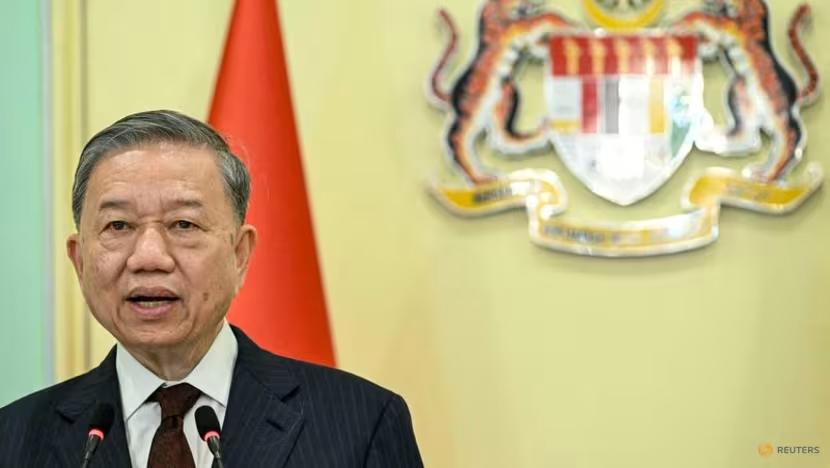
Bold Reforms Aim to Streamline Government
Vietnam, a Southeast Asian industrial hub, is embarking on its most significant bureaucratic reform in decades. The Communist-run nation plans to slash five ministries, four government agencies, and five state TV channels in an effort to reduce bureaucratic bottlenecks and red tape. However, officials and investors warn that these sweeping changes could lead to temporary "paralysis."
Investors Brace for Short-Term Disruptions
The proposed reforms, which are still in their preliminary stages and subject to change before being voted on in parliament in February, aim to simplify administrative processes and attract more foreign investment. Despite the potential long-term benefits, some investors anticipate short-term delays and uncertainty as the new structures are established.
A Risky Move with High Stakes
The overhaul comes at a critical time for Vietnam, which relies heavily on foreign investment in manufacturing to fuel its export-oriented economy. The reforms also coincide with similar cost-cutting measures being implemented worldwide post-pandemic. While the move could consolidate power for Vietnam's new Communist Party leader, To Lam, it also carries the risk of alienating investors if not executed effectively.
Mixed Reactions from Stakeholders
Interviews with nine investors, diplomats, and officials reveal mixed views on the reforms. While some see the potential for simplified procedures and a more investor-friendly environment, others fear short-term administrative delays and a potential power struggle. As Vietnam navigates these changes, the world watches to see if this bold move will pay off.









Comments